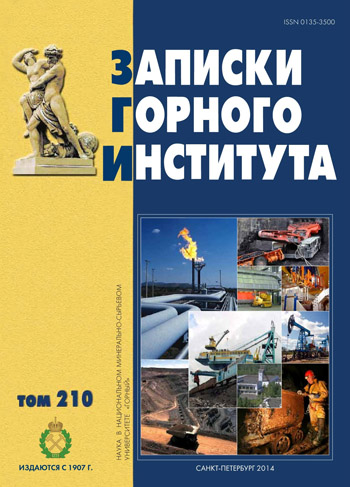Use оf renewable energy sources in the coal industry
- 1 — Ph.D. Director of the Center for Ecology of Mining Production National Scientific Center of Mining Production – Skochinsky Institute of Mining
- 2 — Ph.D. Assistant lecturer Mineral Resources University (Mining University)
Abstract
There are three fundamental basic documents in energy conservation and energy efficiency today: the Energy Strategy in the period up to 2030; the Federal Law «On energy-saving and energy efficiency and in amending particular legislative acts of the Russian Federation»; and the State Energy Conservation and Energy Efficiency Program in the period up to 2020. In recent years, the upward trend in the use of renewable energy sources (RES) is becoming all the more evident. Until recently, the development of energy has seen a clear pattern: the areas of energy which have developed most are those which have a quite fast direct economic effect. The social and environmental impacts associated with these areas were considered only as incidental, and their role in decision-making was negligible. With this approach, we considered RES only as a future energy source, when traditional energy sources have been exhausted, or when obtaining them becomes extremely expensive and timeconsuming. The primary driver behind the intensive development of RES has been public pressure based on environmental concerns, rather than economic calculations about the future. The economic potential of the world’s renewable energy is currently estimated at 20 billion tons of oil equivalent per year, which is twice the annual output of all fossil fuels. This fact shows us the path of energy development in the near future. In this paper, on the basis of the laws of the Russian Federation, renewable energy in the coal industry is considered. We describe the experience and prospects of the use of mine water and burning rock dumps.
